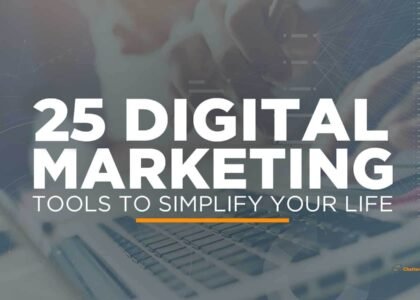Beyond the Inbox: Reimagining Email Marketing
In the age of social media, instant messaging, and the constant bombardment of notifications, email might seem like a relic of the past. Yet, despite the rise of newer communication channels, email marketing remains a powerful tool for businesses to connect with their audience, nurture relationships, and drive conversions. But to truly harness its potential, it’s time to rethink traditional email marketing strategies and embrace innovative approaches.
Personalization Beyond the Name
Gone are the days of generic, mass-produced emails. Today’s consumers demand personalized
experiences that resonate with their individual needs and preferences. By leveraging data analytics and customer segmentation, businesses can tailor email content to specific demographics, interests, and behaviors. This could involve sending personalized product recommendations, offering exclusive discounts based on purchase history, or even customizing the subject line to match the recipient’s name and interests.
Interactive Email Campaigns
Interactive emails go beyond the traditional text and image format. By incorporating elements like quizzes, polls, games, and even augmented reality experiences, businesses can create engaging and memorable campaigns that encourage user interaction and increase click-through rates. For example, a fashion brand could send an email quiz asking recipients to choose their style
preferences, and then follow up with personalized product recommendations based on the results.
Email Marketing and Social Media Integration
While email and social media might seem like competing channels, they can actually complement each other. By integrating social media elements into email campaigns, businesses can create a more cohesive and engaging experience. This could involve including social media share buttons, linking to relevant social media content, or even using social media data to personalize email content.
The Rise of Email Automation
Email automation tools can streamline the email marketing process and save time and resou
rces. By setting up automated workflows, businesses can send triggered emails based on specific actions, such as abandoned cart reminders, welcome messages, or post-purchase follow-ups. This not only improves efficiency but also helps to nurture customer relationships and increase conversions.
Measuring Success Beyond Open Rates
While open rates are a valuable metric, they don’t tell the whole story. To truly measure the effectiveness of email marketing campaigns, businesses need to track a variety of metrics, including click-through rates, conversion rates, and return on investment. Additionally, it’s important to pay attention to customer engagement and feedback to identify areas for improvement.
Email Marketing in a Mobile-First World
With the increasing popularity of smartphones and tablets, it’s essential to optimize email campaigns for mobile devices. This means ensuring that emails are responsive, easy to read on smaller screens, and load quickly. Additionally, consider using mobile-specific features like swipe-to-delete or geolocation-based content.
Ethical Considerations in Email Marketing
As email marketing continues to evolve, it’s important to adhere to ethical practices. This includes obtaining explicit consent from subscribers, honoring unsubscribe requests, and avoiding spammy or deceptive tactics. By prioritizing ethical behavior, businesses can build trust with their audience and maintain a positive reputation.
In conclusion, email marketing is far from dead. By embracing innovative approaches, leveraging data-driven insights, and prioritizing customer experience, businesses can continue to use email as a powerful tool to connect with their audience, drive conversions, and build lasting relationships







